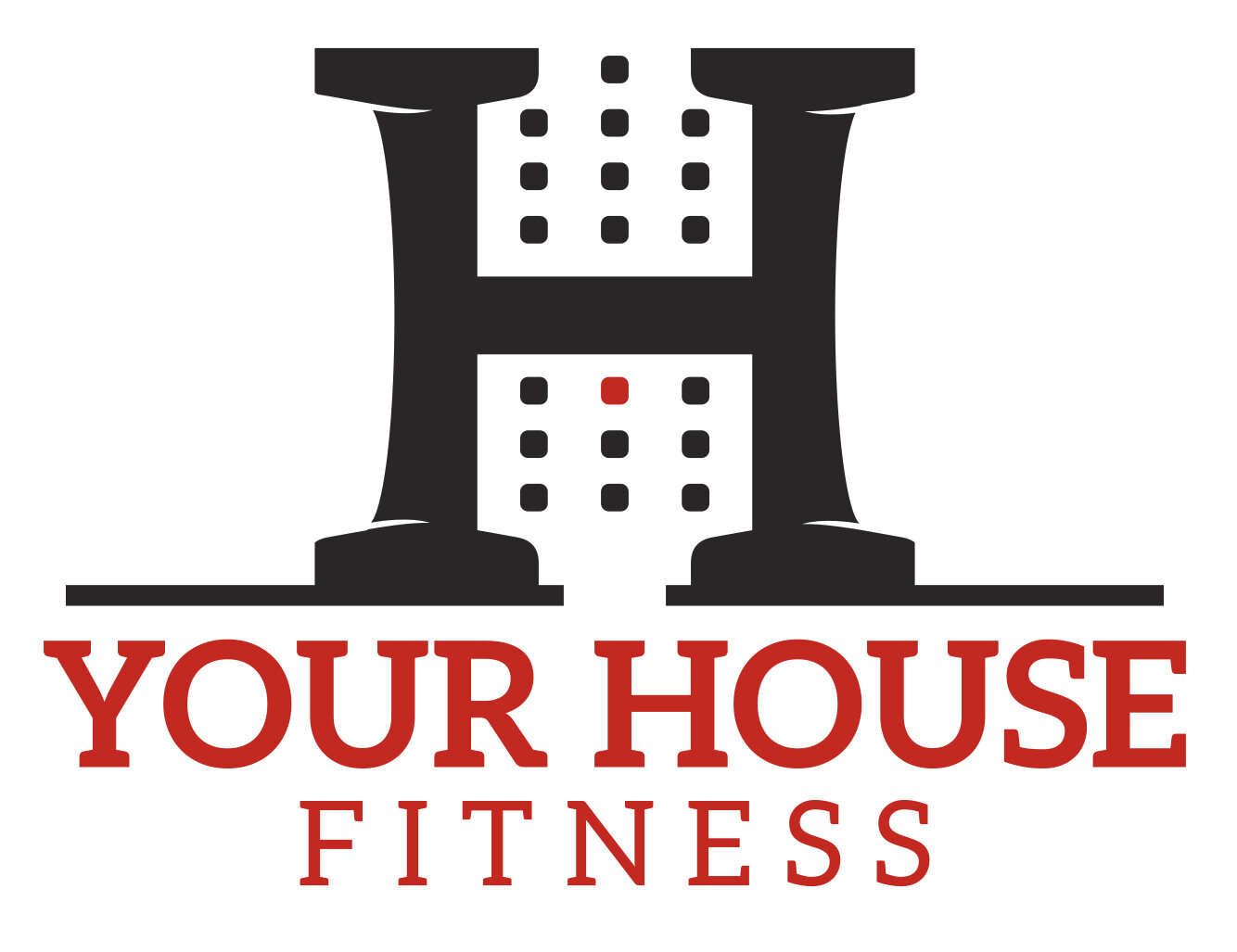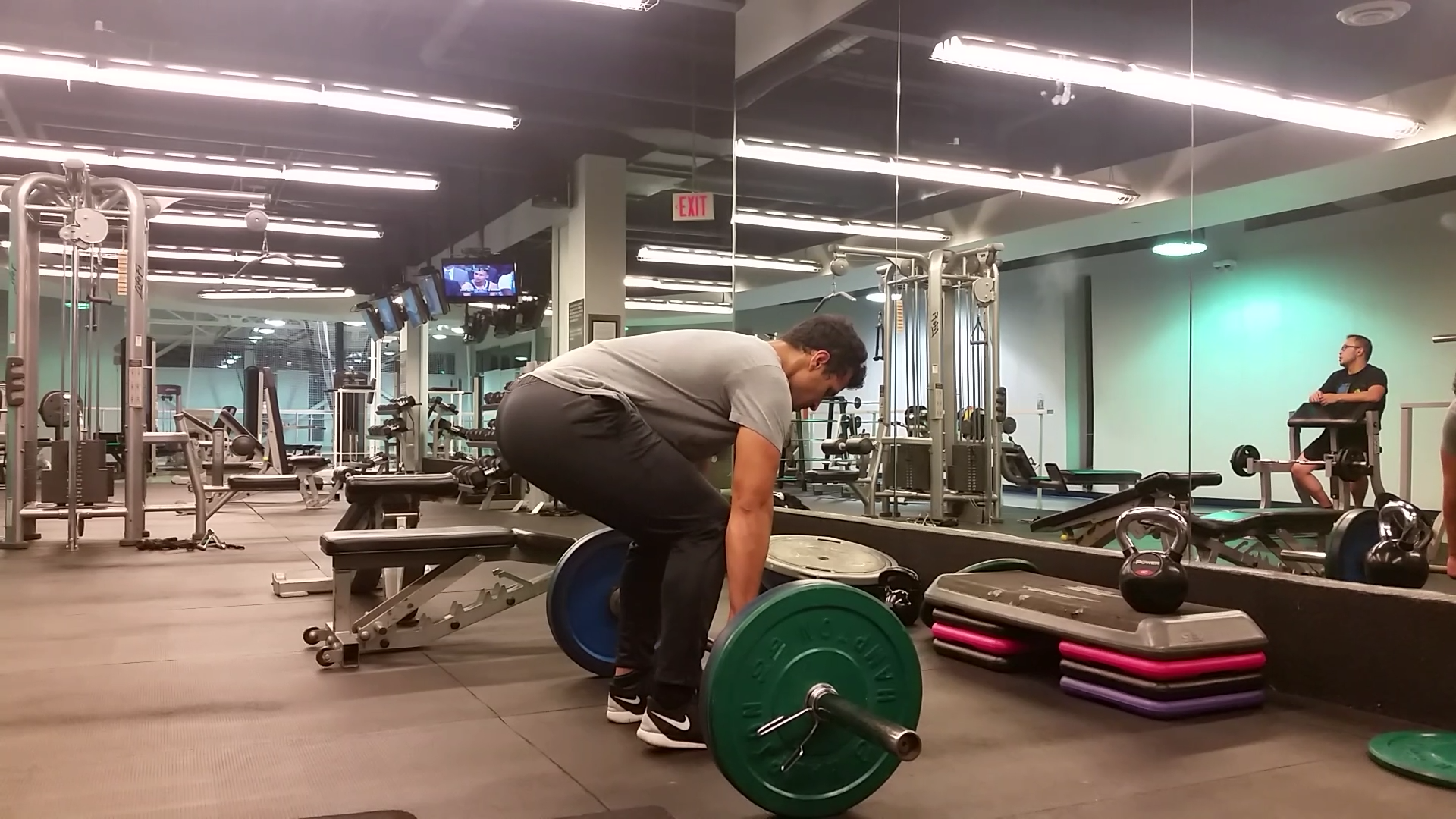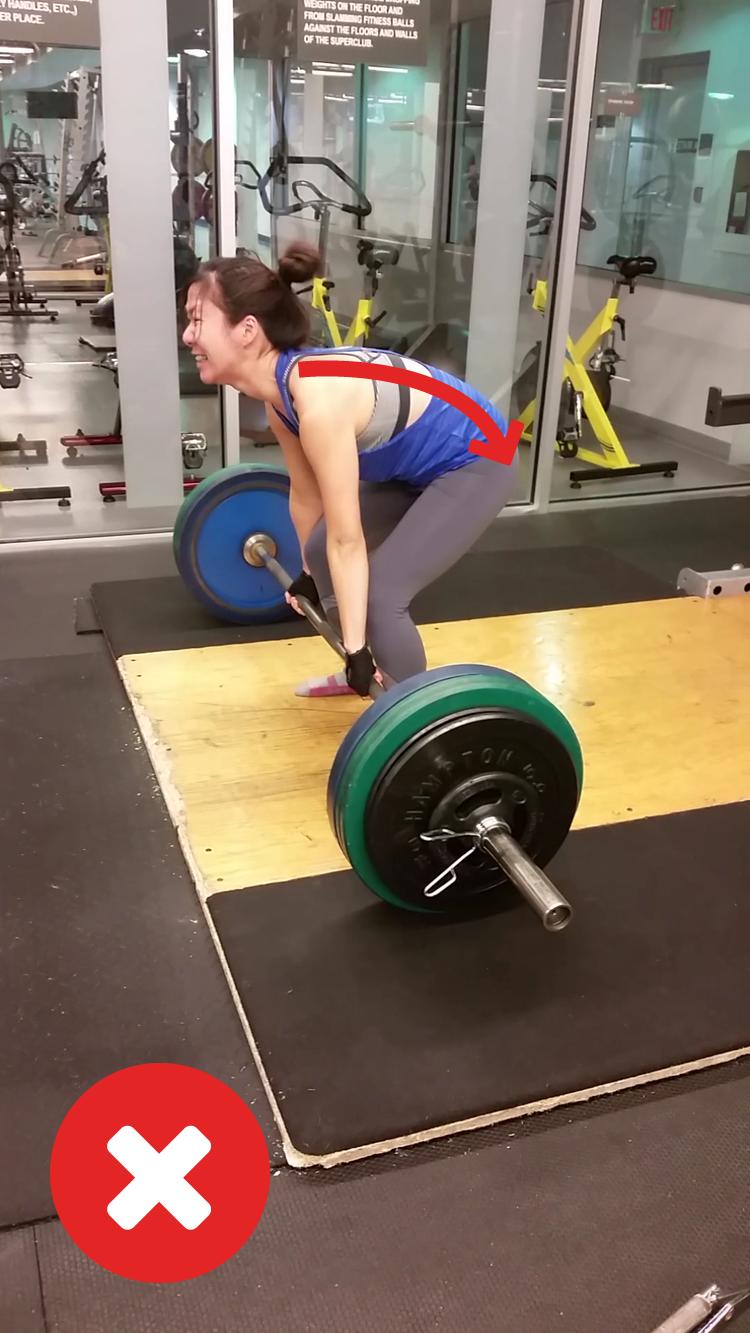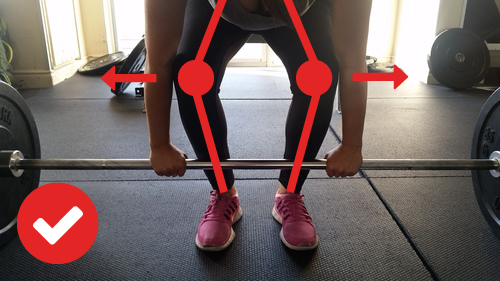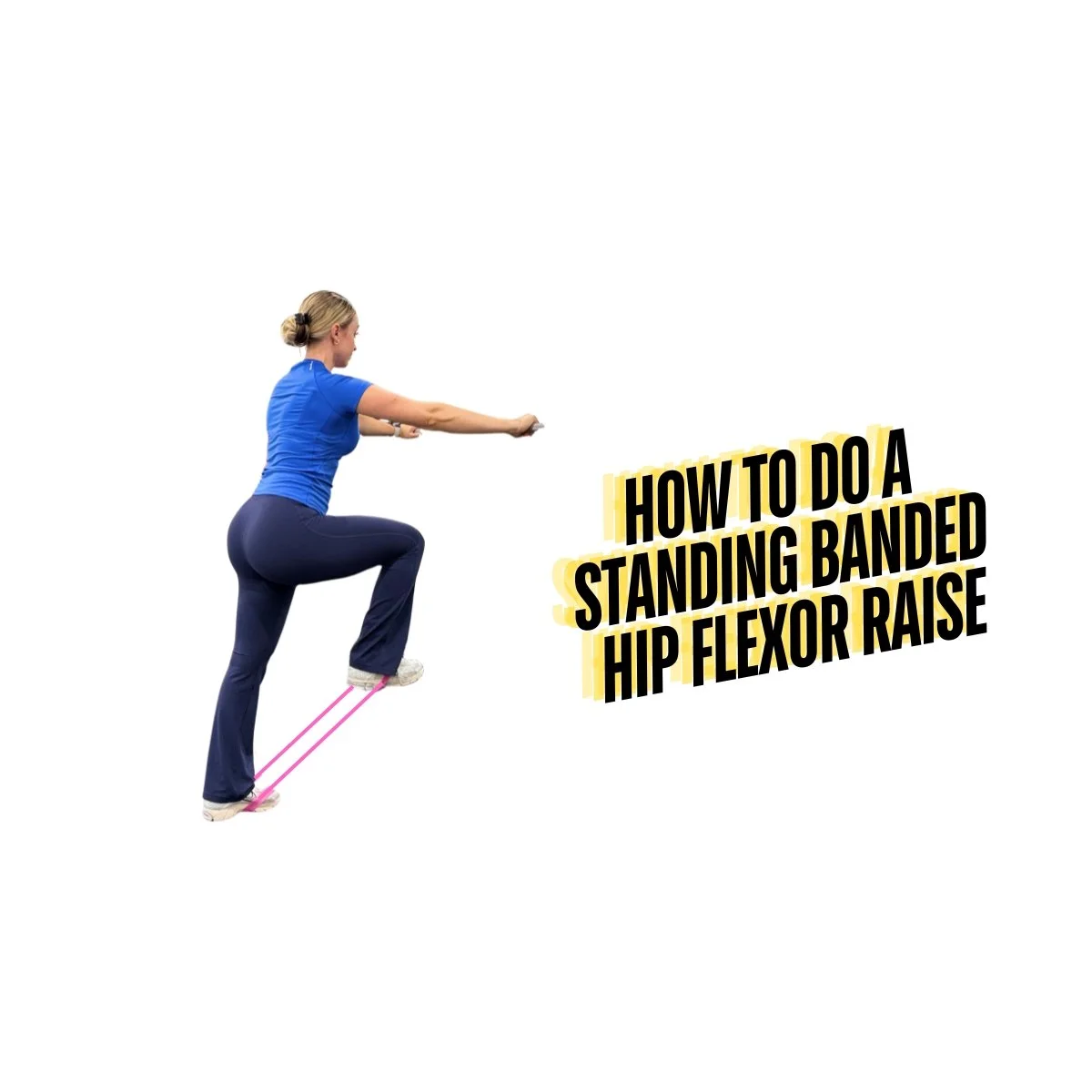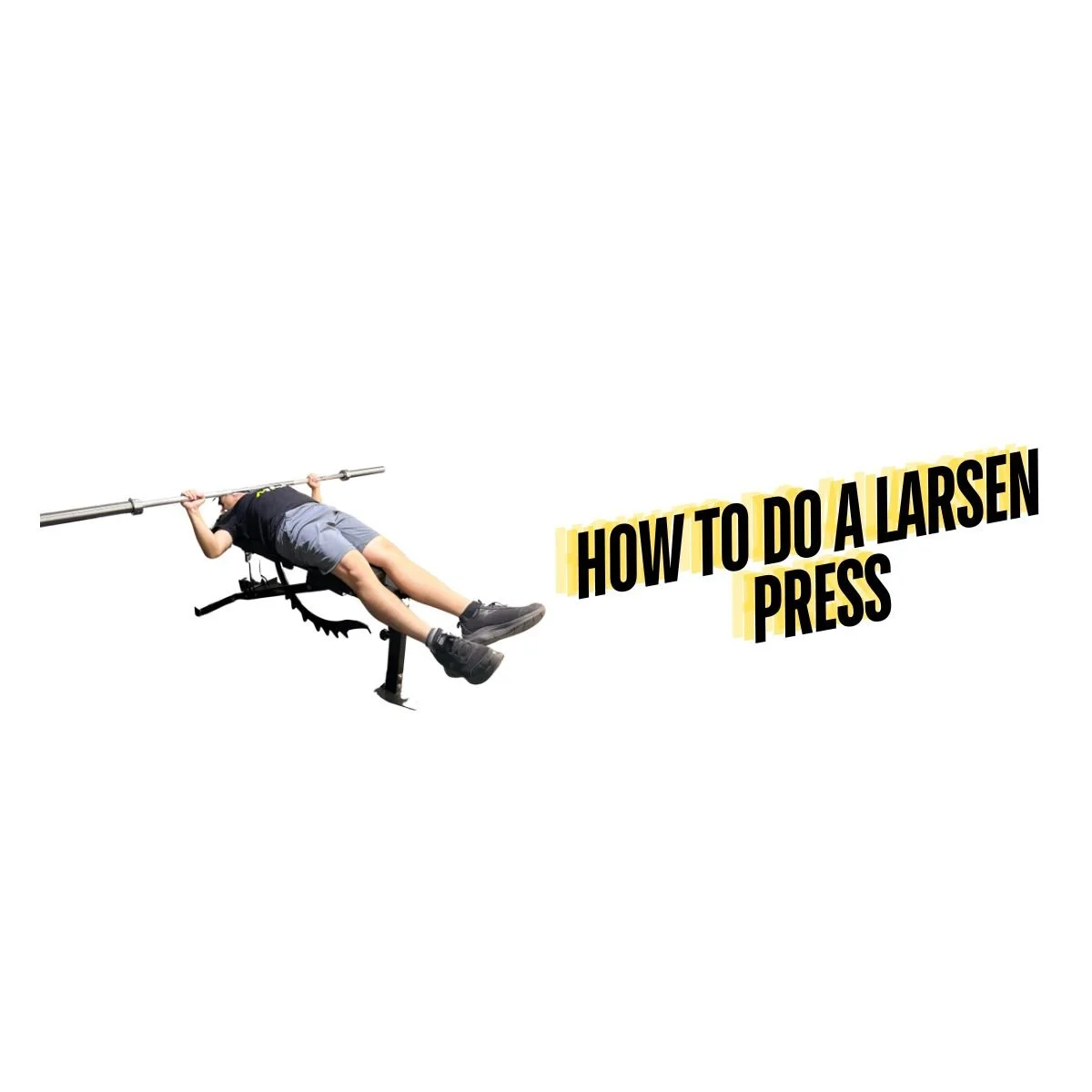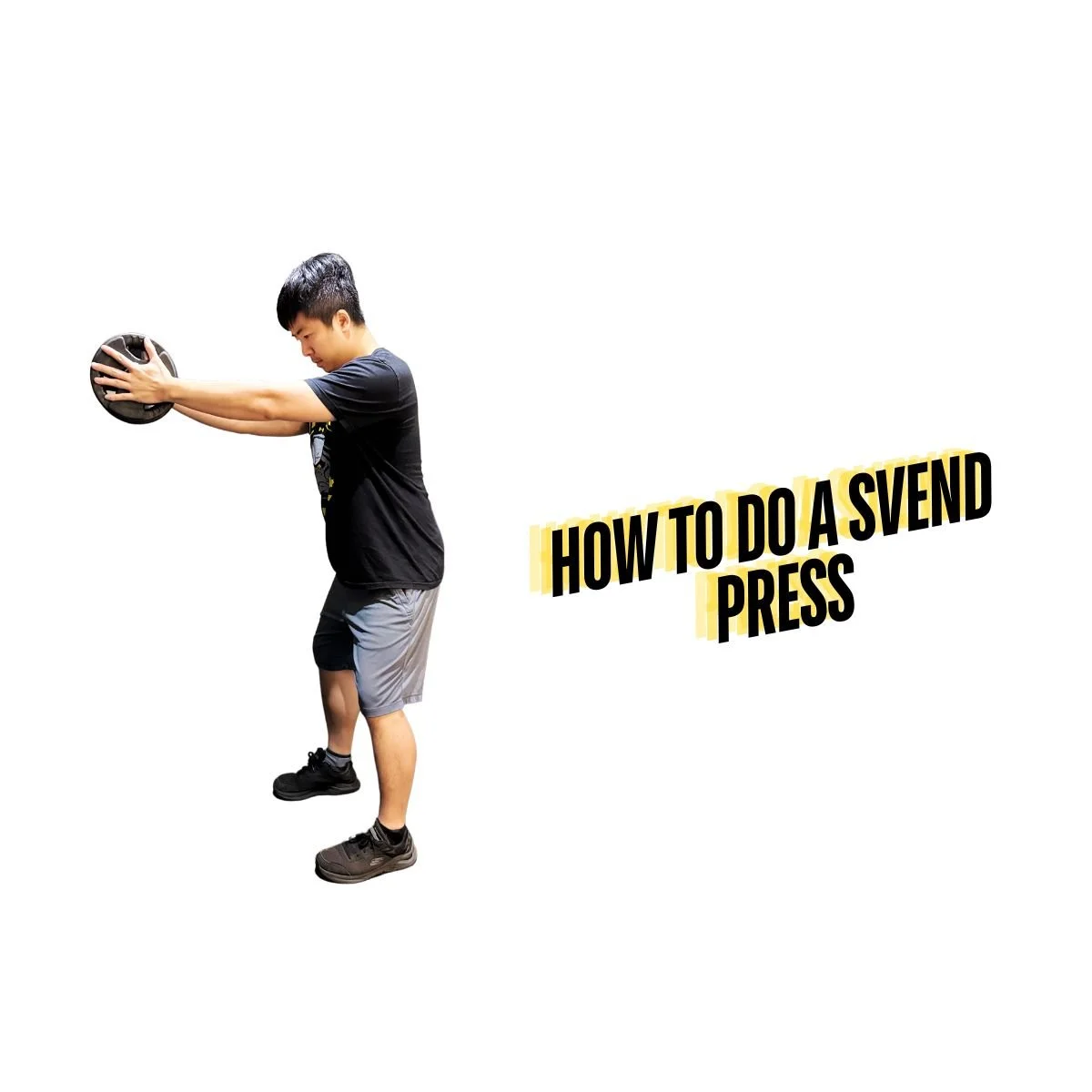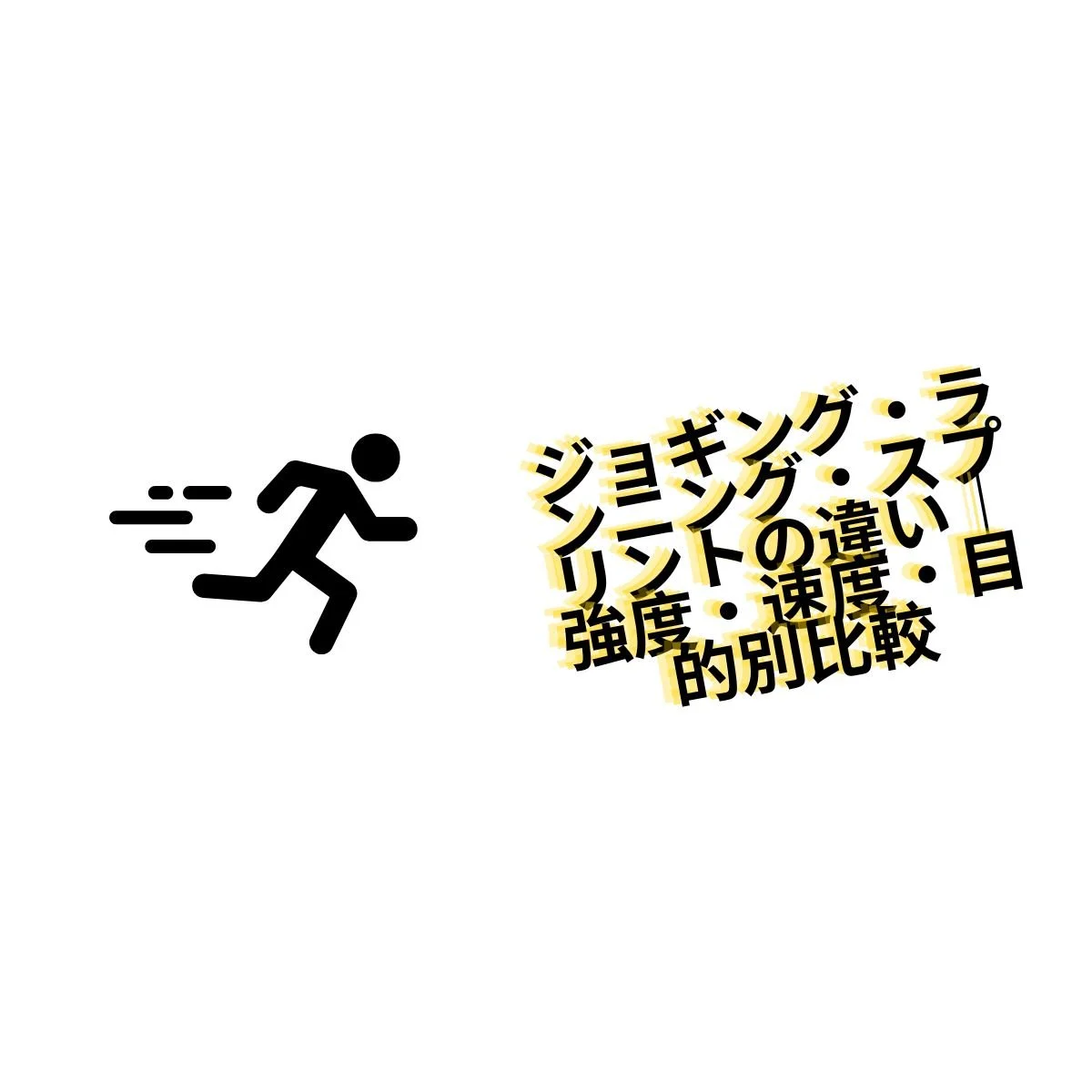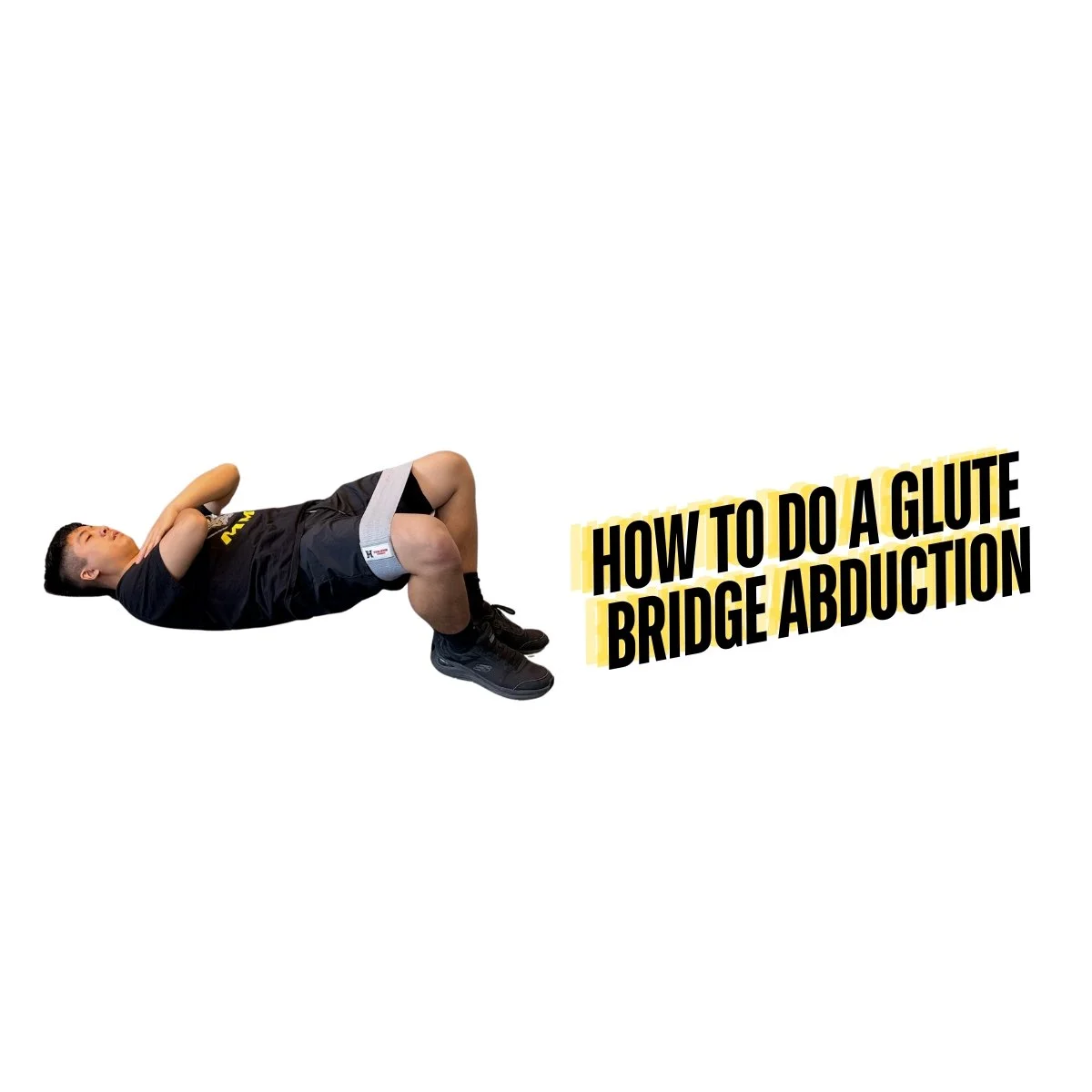Exercise Tutorial: Barbell Deadlift
Table of Contents
What Is the Barbell Deadlift?
The barbell deadlift is a compound movement that involves action at multiple joints, meaning it engages more than just the gluteal muscles or quadriceps alone. The barbell deadlift essentially involves picking up a load from the ground and lowering it back down. While the action may seem simple, several important steps must be followed to perform the barbell deadlift safely and effectively. The barbell deadlift is also referred to as the conventional deadlift.
Individuals who have never performed the barbell deadlift should seek guidance from an experienced and qualified trainer or exercise professional. Performing a deadlift with improper form can lead to negative consequences, but when executed correctly, it can increase explosive leg power and core strength, ultimately aiding in the development of lean muscle mass.
Before Performing a Barbell Deadlift
Before attempting a barbell deadlift, it’s important to understand the fundamental concept of the movement. A deadlift involves lifting a weight from the ground and returning it back down. To minimize the risk of injury, you should first master the movement pattern without added weight before progressing to a loaded barbell.
How to Perform a Barbell Deadlift
Set Your Stance: Position your feet hip-width apart with the barbell close to your shins.
Grip the Bar: Slightly bend your knees, push your hips back, and grip the barbell using a comfortable hand position. An overhand grip is recommended for beginners (see ‘Barbell Deadlift Grip’ below).
Lift the Bar: Keep your chest raised, spine straight, and engage your core. Drive your hips forward as you lift the barbell, keeping it close to your body throughout the movement.
Lower the Bar: To return the bar to the ground, push your hips back while maintaining a neutral spine, keeping the barbell close to your body.
Barbell Deadlift Breakdown: Leg Mechanics & Hip Mechanics
Full Movement
Ankle To Knee Movement
Knee to Hip Movement
Practice Makes Perfect! It can be helpful to use a dowel or broomstick to practice proper form before transitioning to a barbell. Remember to keep the object close to your body throughout the movement. As shown in the image above, breaking the deadlift into smaller parts before performing the full movement can help you master the Barbell Deadlift effectively!
Barbell Deadlift Form
Anterior & Posterior View
Brace your core.
Position your feet shoulder-width apart.
Place the barbell close to your shins.
Hinge forward from the hips.
Maintain a neutral spine.
Ensure your hips are positioned below your shoulders.
Inhale and grip the bar.
Roll your shoulders back.
Engage your upper back.
Ensure your knees are pointing slightly outward.
Extend your hips and knees to lift the bar.
Exhale as you reach the top of the movement.
With this breakdown, you can see that having a step-by-step system is important when performing the Barbell Deadlift.
How the Barbell Deadlift Benefits Your Body
People exercise for various reasons, with one of the most common being to stay in shape. As you improve your fitness, your body experiences a range of positive effects. Some of the key benefits of performing the Barbell Deadlift include:
Improves Core Stability
Enhances Core Strength
Engages All Major Muscle Groups
Boosts Overall Strength
Serves as a Foundational Movement
Increases Cardiovascular Output
Enhances Grip Strength
Makes Everyday Activities Easier
Increased Motor Recruitment
The Barbell Deadlift can help enhance motor neuron recruitment. Why is this important? Motor neuron recruitment refers to the number of motor units in a muscle that contribute to movement. Regular training activates more motor units, allowing for stronger muscle contractions. As a result, your muscles can generate greater force, leading to improved strength and performance.
Increased Lean Body Mass
Incorporating the Barbell Deadlift, along with other strength training exercises, can help increase muscle mass over time. As you build muscle and reduce fat, your body requires more energy to sustain muscle tissue. Since muscle cells use energy while fat cells store it, having more muscle boosts your metabolic rate, aiding in calorie burn and overall fat loss.
Barbell Deadlift Variations
There are several variations of the Barbell Deadlift you can try, each with a unique lifting style and benefits:
The Stiff-Legged Barbell Deadlift focuses on building the glutes. It follows the same movement pattern as the standard Barbell Deadlift described earlier, but with straight legs throughout the lift—there is no bend in the knees.
The Barbell Romanian Deadlift targets the hip flexors by emphasizing full hip extension. Start by deadlifting the bar off the ground as usual. With your shoulders down and back and a slight bend in the knees, push your hips back while lowering the bar to about mid-shin, keeping your back straight. To return to the starting position, push through your hips and flex your glutes for full hip extension. In this variation, the barbell does not touch the ground between reps.
The Sumo Deadlift is effective for working the adductors as it requires a wider stance with feet spread apart.
Differences Between the Hex Bar Deadlift and the Barbell Deadlift
The Hex Bar Deadlift (also known as a trap bar) is a hexagon-shaped piece of equipment used for lifting weights, commonly for deadlifts. It allows more emphasis on the legs and places less stress on the lower back compared to the barbell deadlift, which engages the back more prominently. Additionally, the hex bar encourages a neutral forearm position, reducing the risk of bicep and arm injuries compared to the pronated grip typically used in a barbell deadlift. Read more about the difference between the Hex Bar Deadlift versus the Barbell Deadlift.
Who Can Do a Barbell Deadlift?
The barbell deadlift is generally not recommended for children, pregnant women, or individuals with physical limitations due to safety concerns. Always consult your doctor before starting any exercise program, especially if you have a pre-existing condition. However, the barbell deadlift can be highly beneficial for both men and women seeking to improve overall body stability and build strength in the lower body and back.
The Importance of Bracing While Performing a Barbell Deadlift
Bracing is a crucial technique when performing the barbell deadlift. It involves engaging your core, keeping your back straight, and maintaining proper breathing throughout the lift. Effective bracing helps you maintain optimal form, stabilize the spine, and reduce the risk of injury while maximizing strength output during the movement.
Understanding the Barbell Deadlift Grip
Pronated Grip (Overhand Grip)
Both palms face towards your body with thumbs wrapped around the bar.
Benefits:
Develops grip strength.
Engages the upper back effectively.
Considerations:
Can be limiting for heavy lifts due to forearm fatigue.
Mixed Grip (Over-Under Grip)
One hand is internally rotated (palm facing away), while the other is externally rotated (palm facing toward you).
Benefits:
Provides a stronger grip with less forearm fatigue.
Reduces the risk of barbell rotation.
Considerations:
Can create upper body imbalance and slight rotational force on the spine.
Best used when grip strength becomes a limiting factor.
Hook Grip
A variation of the pronated grip where the thumb is tucked under the bar and covered by the index and middle fingers.
Benefits:
Enhances grip security and prevents the bar from slipping.
Popular among Olympic lifters for its control and stability.
Considerations:
Can be uncomfortable initially due to pressure on the thumb.
Requires practice to build comfort and effectiveness.
Recommended Approach for Beginners:
Start with the Pronated Grip: It builds forearm strength and reinforces proper pulling mechanics.
Switch to Mixed Grip as Needed: Once grip fatigue sets in during heavier lifts, the mixed grip can help you continue lifting safely.
Forearm Strength Progression: The more you train with a pronated grip, the stronger your grip will become, eventually reducing reliance on the mixed grip.
Each grip has its place depending on your experience level, goals, and the weight you're lifting. Choose the grip that best suits your training phase while focusing on proper technique and balanced muscle development.
Barbell Deadlift Muscles Worked
Common Mistakes and Fixes While Executing the Barbell Deadlift
Bending the Spine vs. Maintaining a Neutral Spine
Below, we can observe two pictures: one showing a rounded spine and the other demonstrating a neutral spine position. The rounded spine places significant strain on the lower back, often leading to issues like herniated discs. The spine functions most effectively, like a whip, when fully extended. When bent, it loses power and stability.
So, how do you fix this?
First and foremost, maintain a neutral spine. Ensure you properly engage your back before initiating any movement. It's crucial to understand the hip hinge technique, as it's one of the key components of safe lifting mechanics.
Another common issue occurs when people perform the movement correctly without weight but lose proper form as soon as weight is added. The additional load can break posture, so it's important to progressively build up your strength.
Lastly, focus on bracing your core. This involves engaging your abdominal muscles to create tension and stability, commonly referred to as "bracing." A tight, engaged core helps protect the spine and maintain proper posture during the lift.
Bending the Spine
Maintaining a Neutral Spine
Knees Caving In vs. Knees Caving Out
When the knees turn inward during a lift, it is referred to as valgus stress. This stress places excessive strain on the medial compartment of the knee, increasing the risk of injury. Additionally, valgus stress reduces the torque along the femur, causing other muscles, such as the quadratus lumborum and erector spinae, to compensate. This imbalance can lead to injuries and dysfunction in the hips and lower back.
Driving your knees outward is essential for performing the barbell deadlift correctly. This movement creates torque along the femur and into the hips, effectively engaging the primary muscles involved, including the glutes, quadriceps, and hamstrings. Keeping the knees outward ensures the muscles work along their proper anatomical lines, minimizing the risk of injury in the knees, hips, and spine.
Knees Caving In
Knees Caving Out
Disengaged Back vs. Engaged Back
Engaging the shoulders, particularly the rear deltoids, rhomboids, and latissimus dorsi, is crucial for maintaining a neutral spine. The arms should be pulled back with the elbows close to the sides of the body. This positioning creates torque along the humerus and into the shoulder joint, which helps stabilize the thoracic spine and maintain proper lifting form.
Disengaged Back
Engaged Back
Barbell Away from the Shins vs. Barbell Close to the Shins
One of the most critical aspects of the barbell deadlift is keeping the barbell close to the body. Allowing the bar to drift away increases shear force on the lower back, which can lead to strain and potential injury. To ensure proper mechanics and maximize lifting efficiency, the bar should remain directly under the shoulders and close to the shins throughout the movement.
Barbell Away from the Shins
Barbell Close to the Shins
